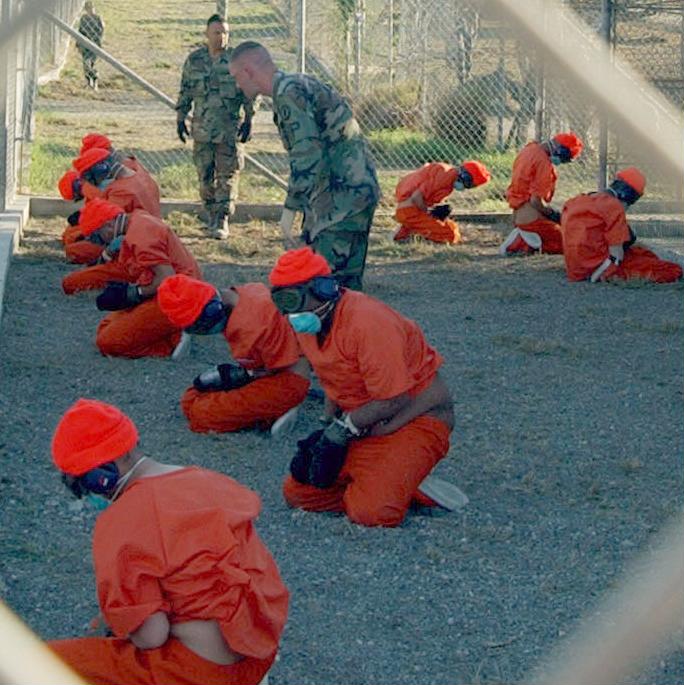By Kathie MM
Most children, in this country and much of the rest of the world, have been subjected to considerable verbal and psychological violence, and often physical violence, by the age of two—and it may only get worse. The “terrible twos” often means terrible treatment.
Toddlers are routinely yelled at, sworn at, called names, threatened. They are shaken, slapped on the hands or buttocks, sometimes slapped in the face, spanked, sometimes hit with switches, kicked, beaten—and all of these things may happen in what people think of as “good homes.”
Given the level of violence in families, it should not be surprising that in day care and nursery schools, children are heard yelling, “I hate you, I’m going to kill you!” They don’t need to watch TV to learn these messages.
Robert J. Burrowes has written passionately about the likely outcomes of violence against children.
Here is an example of what he has to say:
“The man who inflicts violence on women was damaged during childhood. The white person who inflicts violence on people of colour was damaged during childhood. The employer who exploits workers was damaged during childhood.
The individual who endorses the state violence inflicted on indigenous peoples was damaged during childhood. The terrorist, the political leader who wages war and the soldier who kills in our name were all damaged during childhood.
The person who supports structures of violence (such as the military, police, legal and prison systems) was damaged during childhood.
The person who supports structures of exploitation (such as capitalism and imperialism) was damaged during childhood. The person who thoughtlessly participates in destruction of the natural environment was damaged during childhood.”
What do you think of Burrowes’ argument?
Do you have other explanations for this country’s high level of engagement in violence?
Clearly poverty and racism can also damage children but hordes of violent people are reapers rather than victims of those social ills. If we really want to reduce violence in and by our country, we better play closer attention to what we do in our homes.
Please share your views.

